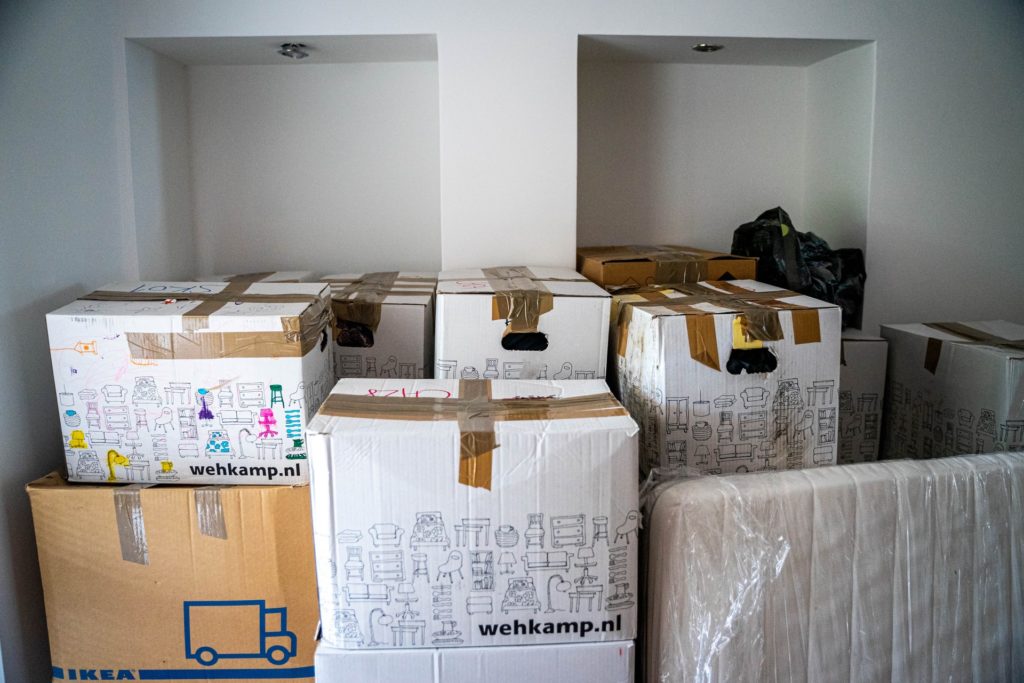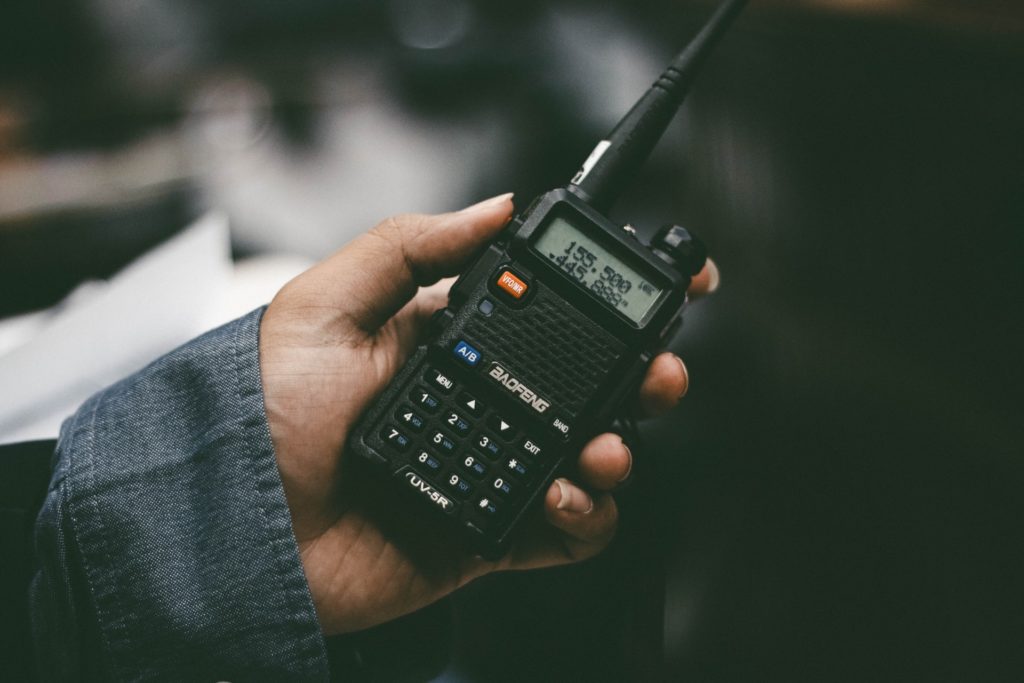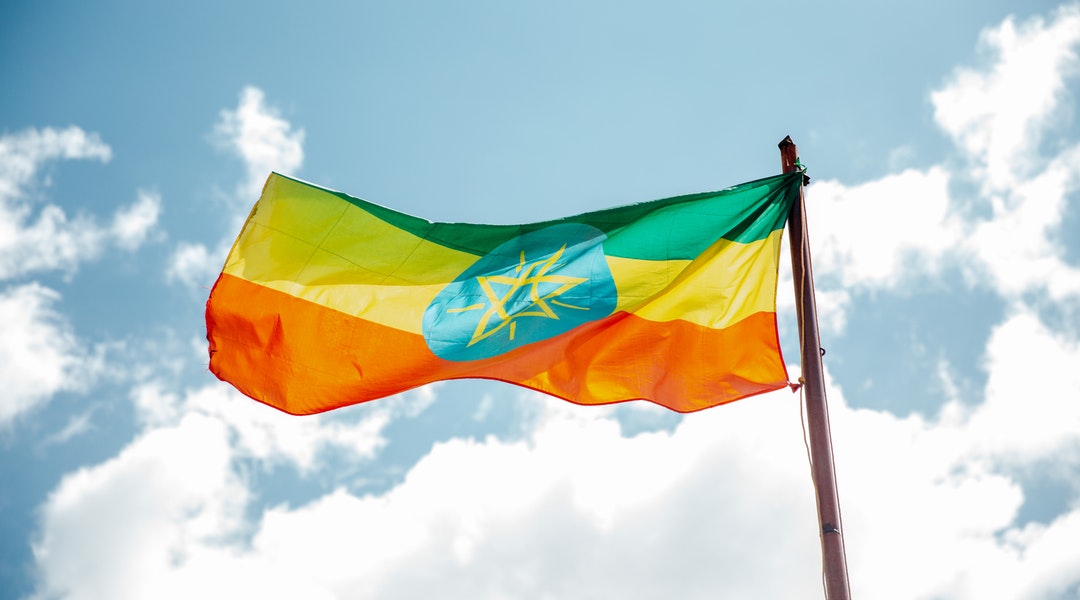Moving from Uganda to Ethiopia need not be a challenging endeavour.
However, relocating from one country to another is frequently complicated because individuals lack the necessary information to make the shift seamless.
In this article, however, we will attempt to provide you with all the information you might need should you find yourself moving to Ethiopia from Uganda.
Compared to its neighbours, Ethiopia has several distinctive characteristics that tourists and newcomers frequently note.
Ethiopia, for example, uses a different type of calendar than the rest of the globe. The Ethiopian calendar consists of thirteen months, with the New Year falling in September. However, the thirteenth month consists of only five days or six in leap years. Due to this difference in months, the African nation is an astounding eight years behind the standard Western calendar!
The African country has its clock system, yet another distinctive feature of the country. In contrast to the rest of the world, the African country uses a 12-hour clock, with one cycle running from 1 to 12 (dawn to dark) and the other from dusk to sunrise.
Ethiopia begins the day at 7:00 a.m. East Africa Time, while other countries start the day at midnight. Therefore, in Ethiopia’s time zone, 7:00 a.m. corresponds to 1:00 p.m. At 7:00 p.m., East Africa Time, Ethiopians start over again, so it’s 1:00 on their 12-hour clock.
The capital city of Ethiopia, Addis Ababa, is considered the highest point in Africa, ranking behind other world cities such as Bogota (Colombia) and Quito (Ecuador). At the height of 7,726 feet (2,341 meters), travellers have been known to experience altitude sickness and shortness of breath after a few days in the city.
Therefore, if you move to Ethiopia now or in the future, you will experience a significant change in culture and daily life.
Here are some things you should know in advance and be prepared for to ensure a seamless relocation:
1. The climate is mild
Given its proximity to the Equator, one would anticipate the country’s temperature to be significantly warmer. However, because the Ethiopian Highlands cover most of the country, its climate is substantially cooler than other countries near the Equator.
Ethiopia’s capital, Addis Ababa, experiences a mild climate year-round as it is situated on the foothills of Mount Entoto.
With relatively constant temperatures year round, Addis Abeba’s seasons are determined mainly by rainfall: a dry season from October to February, a mild, rainy season from March to May, and a heavy rainy season from June to September.
2. Languages spoken
Since the late 1200s, Amharic has been the official language of Ethiopia’s courts, armed forces, trade, and everyday conversations.

Amharic is one of Ethiopia’s five official languages, along with Oromo, Somali, Afar, and Tigrinya. Until 2020 Amharic was the only Ethiopian working language of the federal government.
Not to worry, though, English is widely spoken and taught in many schools, so you’ll have an easy time communicating with locals.
3. Moving to Ethiopia from Uganda with household goods
If you are planning on moving from Uganda to Ethiopia with your household goods but are not sure if you can, the short answer is yes, you can. However, there are specific requirements you need to meet for this to be possible.

Documents Required
Ethiopian Customs requires that you present a list of documents so that you can import your household items into the country:
- Copy of passport (the original is required for non-diplomats and workers of schools, private organisations, non-governmental organizations (NGOs), etc.
- Duty-free privilege document issued by the Ministry of Foreign Affairs
- Copy of ID issued by the Ministry of Foreign Affairs (this is for diplomats and semi-diplomats)
- Letter of guarantee issued and sealed by the diplomatic organization (diplomats, semi-diplomats)
- Letter of support (non-diplomats, workers of schools, private organizations, NGOs, etc.)
- Letter from embassy legalized by the Ministry of Foreign Affairs at arrival (returning citizens)
- Certificate of origin (citizens currently residing in Ethiopia)
- Bank permit with import license (citizens currently living in Ethiopia)
- Proof of insurance from a local company (citizens currently residing in Ethiopia)
- Purchase invoices (citizens currently living in Ethiopia)
- Freight receipt from origin steamship (SS) line (citizens currently living in Ethiopia)
- Import permit from the Ministry of Foreign Affairs (diplomats, semi-diplomats)
- Import permit from the Ministry of Revenue (returning citizens)
- Work permit for non-diplomats and non-citizens from the Ministry of Foreign Affairs (issued to the owner of the goods by the employer or diplomatic organization. Work permits take approximately 3-6 weeks to obtain.)
- Original bill of lading (OBL) / air waybill (AWB). Express/telex releases are not accepted
- Packing list
- Detailed and valued inventory. You are not required to stipulate the number of items but you should indicate the value of each item in USD or EURO. (diplomats, semi-diplomats)
General Customs Guidelines
All the mentioned documents should be express mailed at least 15 days before the shipment arrives at the port in Djibouti for your employer to obtain a privilege document/import permit.
It is also worth noting that, with the exception of diplomat and semi-diplomat exports, all containers shipped into Ethiopia are subject to Customs inspection.
Ethiopian customs requires that when importing your household goods into the country, you have to be present at the time of arrival of the shipment with your original passport and work permit or diplomatic exemption.
For consolidated shipments, the body of the OBL should clearly identify the kind and quantity of shipments. It is advisable to combine only two identical shipments (owners of the goods sharing the container should either be diplomats or non-diplomats).
In the case that two shipments with different statuses are combined, clearance delays and violations of the diplomatic shipment’s immunity will occur.
Custom Fees
Regarding matters, duty fees and taxes, diplomatic and semi-diplomatic shipments are duty and tax-exempt as long as they have an import permit from the Ministry of Foreign Affairs.
Non-diplomatic shipments, on the other hand, are subject to duty payment.
Container deposits must also be paid to the Ethiopian Revenue and Customs Authority Export and Other Goods Facilitation Branch Office.
4. Regulations regarding moving with your car
Before bringing your car into Ethiopia from Uganda, keep in mind that only left-hand drive vehicles are permitted. Furthermore, cars with tinted windows are not permitted to be imported.

A list of paperwork is also required by Customs so that your vehicle(s) can be brought into the country. These include:
- OBL
- Vehicle identification number (VIN)
- Vehicle documents (must include engine number, chassis number, make, model, year of manufacture, number of ccs, etc.)
- A commercial invoice with VIN number
- Packing list
- Owner’s manual
- Import authorization from the Ministry of Foreign Affairs (MoFA) and Road Transport Authorities (RTA) both addressed to Ethiopian Revenue and Customs Authority Addis Ababa Kaliti Customs Branch to be processed by the diplomatic organization (diplomats and semi-diplomats
- Ethiopian embassy’s letter from your country of origin for returning nationals (this letter needs to be legalized by MoFA).
- Authorization of the RTA and Communication Ministry (issued to the owner of the goods by an organization or diplomatic organization)
- Letter of support (non-diplomats, schools, private organizations, NGOs, etc.)
Ethiopian Customs charges duty and taxes on all automobiles, just like it does on used household products.
While it is possible to relocate to Ethiopia with your car from Uganda, present Ethiopian residents are not permitted to import vehicles.
5. Ethiopia has a list of restricted and dutiable items
Like most countries, Ethiopia has a list of items that it restricts and charges duty on.
For instance, Customs only will only allow you to bring with you only one of each electric appliance such as televisions, computers, etc.

For decoders, satellite dishes, radio transmitters, and walkie-talkies, authorization (in the form of a permit) is required from the Telecommunication Office before the container arrives at the Addis terminal upon the presentation of documents relative to the imported goods.
6. List of prohibited items
If you are planning to relocate from Uganda to Ethiopia, the following is a rundown of the items that are prohibited from being brought into Ethiopia:
- Narcotics and illegal drugs of any kind
- Pornographic and subversive materials (books, magazines, photographs, etc.)
- Firearms, ammunition, weapons, and explosives
7. You will need the services of a moving company
As is with any cross-border or international move, you should seek the services of a reputable and experienced moving company. This is because not only will your possessions be treated with care, but your relocation will be seamless.
At Nellions, we pride ourselves on having carried out numerous removals from Uganda to other countries so when you give us the job, you can rest assured that all will be well.
If you require any information, including a quote, please do not hesitate to contact us at the following numbers: +256 753 000 100 or +256 783 294 229. You may also email us at MOVE@NELLIONS.CO.UG.


